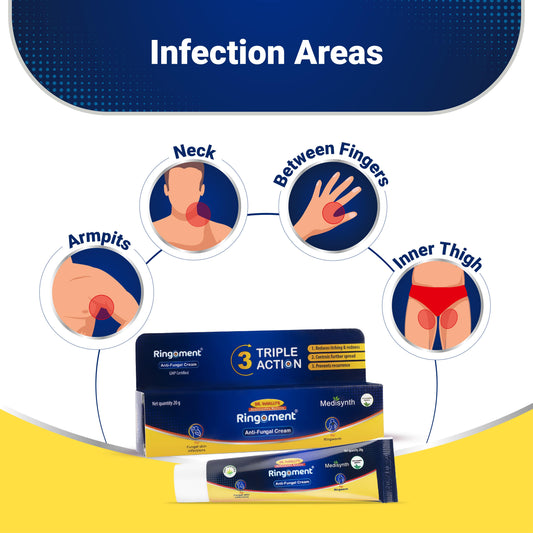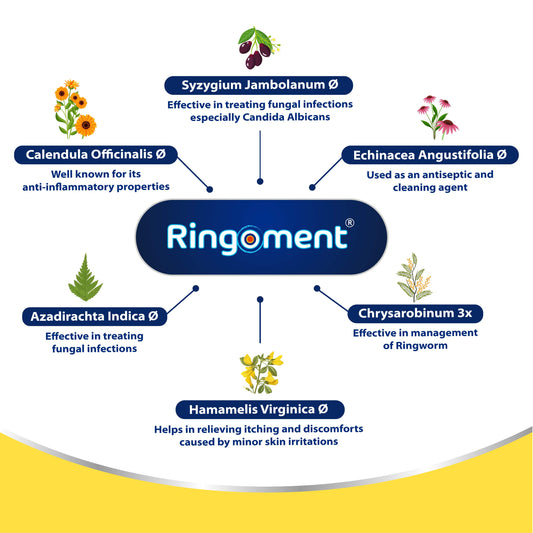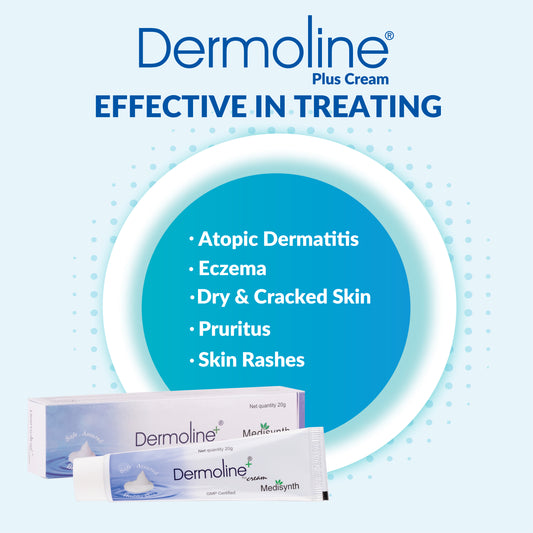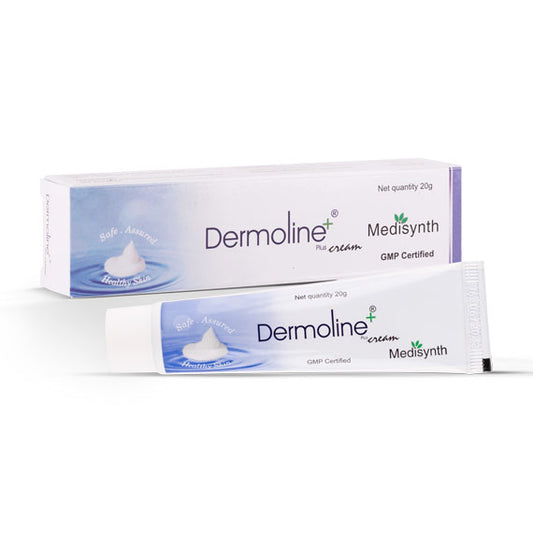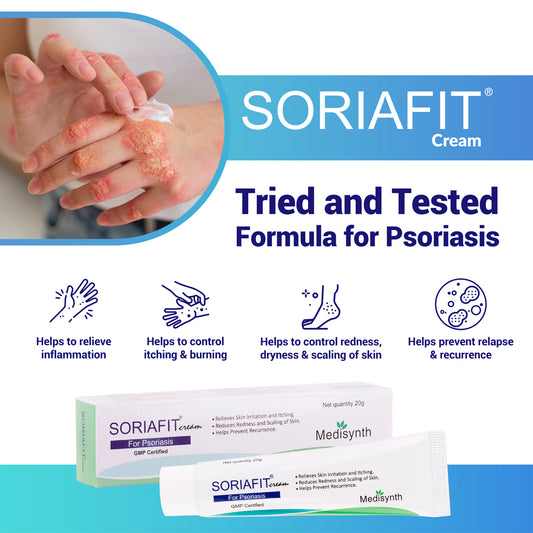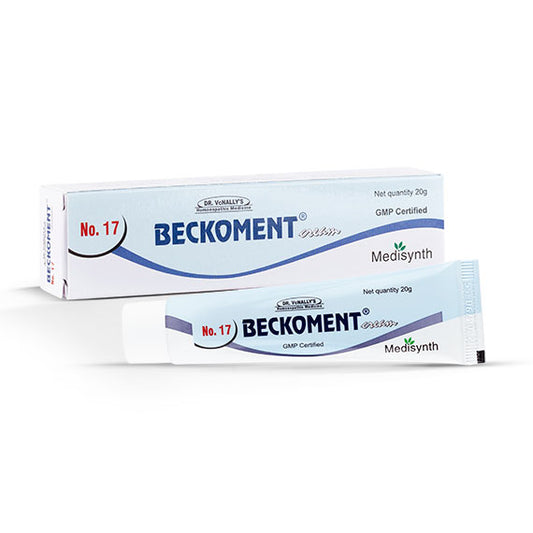Understanding Psoriasis: Causes, Symptoms, and Treatment Options

Psoriasis is a chronic autoimmune skin condition that affects millions of people worldwide. It is characterized by the rapid turnover of skin cells, leading to the development of thick, red patches covered with silvery-white scales. These plaques often appear on the elbows, knees, scalp, and lower back, but they can develop anywhere on the body. Psoriasis can be accompanied by symptoms such as itching, burning, and pain, which can significantly impact a person’s quality of life and mental well-being.
The exact cause of psoriasis remains complex and not fully understood. However, it is believed to arise from a combination of genetic, immune system, and environmental factors. Research indicates that psoriasis has a strong hereditary component, as it tends to run in families. Specific genes associated with the immune system have been linked to the condition, suggesting that individuals with a family history of psoriasis may be more susceptible to developing the disease.
At the heart of psoriasis is an immune system malfunction. In individuals with the condition, T cells—white blood cells that typically protect the body against infections—mistakenly attack healthy skin cells. This autoimmune response leads to inflammation and an overproduction of skin cells, which accumulate on the surface and form the characteristic plaques. The entire process is exacerbated by various environmental triggers.
Common causes of Psoriasis and its symptoms
While the exact cause of psoriasis is not completely understood, it is believed to result from a combination of genetic, immune, and environmental factors:
- Genetic Factors: Psoriasis tends to run in families, indicating a hereditary component. Certain genes involved in immune system function have been associated with the condition.
- Immune System Dysfunction: Psoriasis is an autoimmune disease where the immune system mistakenly attacks healthy skin cells. T cells and other immune cells become overactive, leading to inflammation and rapid skin cell turnover.
- Environmental Triggers: Various external factors can trigger or worsen psoriasis, including:
- Stress: High levels of stress can exacerbate symptoms.
- Infections: Bacterial infections, especially streptococcal throat infections, can trigger flare-ups.
- Skin Injuries: Trauma to the skin, such as cuts or sunburn, can lead to the development of psoriasis lesions (Koebner phenomenon).
- Medications: Certain drugs, such as beta-blockers and lithium, may induce or worsen symptoms.
- Weather Conditions: Cold, dry weather can trigger flare-ups, while sunlight can be beneficial for some individuals.
- Lifestyle Factors: Habits such as smoking and excessive alcohol consumption have been linked to an increased risk of developing psoriasis and experiencing flare-ups.
Psoriasis symptoms can vary widely among individuals, but some of the most common include:
- Red Patches of Skin: Raised, inflamed areas covered with thick, silvery scales are the hallmark of psoriasis. These patches can appear anywhere on the body.
- Dry, Cracked Skin: Affected areas may become dry and prone to cracking, which can lead to bleeding.
- Itching and Burning: Many individuals experience intense itching, burning, or soreness in the affected areas.
- Thickened, Pitted, or Ridged Nails: Psoriasis can affect the nails, leading to changes in their appearance, including pitting or thickening.
- Swollen and Stiff Joints: Some people with psoriasis develop psoriatic arthritis, which causes inflammation in the joints, leading to pain and stiffness.
- Scalp Issues: Scalp psoriasis can cause red patches, flakes, and itching, which may extend beyond the hairline.
Common Homoeopathic remedies for Psoriasis
Homoeopathy considers individual symptoms and overall health, ensuring a holistic approach to managing psoriasis. This is the reason why homoeopathy is the most recommended type of treatment for long-term and long-lasting homoeopathic remedy for psoriasis.
Homoeopathy offers various remedies that may help alleviate the symptoms of psoriasis. Here’s a look at the most common and notable homoeopathic remedies used in the treatment of psoriasis:
1. Calendula Officinalis
Calendula is the most remarkable healing agent in homoeopathy, which heals wounds. This remedy promotes healing of the skin, making it beneficial for dry, cracked areas that may bleed. Calendula has a soothing action that can relieve itching and discomfort, enhancing overall skin health. Often used in creams and ointments, calendula can be applied directly to affected areas to provide immediate relief.
2. Echinacea Angustifolia
Echinacea is renowned for boosting the immune system, which may help the body better manage the autoimmune response involved in psoriasis. This remedy can help prevent infections that may arise from cracked skin due to its antiseptic properties, a common issue in psoriasis patients. It is also used as a cleansing agent.
3. Hamamelis Virginica
Hamamelis, or witch hazel, acts as a natural astringent, helping to tighten and soothe the skin, which can be beneficial for inflamed psoriasis patches. This remedy helps reduce soreness, alleviating discomfort associated with psoriasis. Hamamelis can improve blood circulation, which may promote better healing in affected areas.
4. Thuja Occidentalis
Thuja is traditionally known for its efficacy in treating skin growths and lesions, which can be beneficial for psoriasis plaques. It is a remedy for inverterable skin problems.
Best Homoeopathic Remedy for Psoriasis treatment
Soriafit Cream
We know that Psoriasis is a very complex condition and it can take quite a long time to see results and its effective treatment, even in homoeopathy, is very difficult to find. This is the reason why we recommend Medisynth’s Soriafit Cream which is one of the best homoeopathic remedies out there for the treatment of psoriasis.
Not only does Medsynth’s Soriafit cream contain all the common ingredients mentioned above but it also follows all the principles of homoeopathy in curing the condition from its roots rather than applying a quick fix. With ingredients such as Calendula Officinalis, Echinacea Angustifolia, Hamamelis Virginica and Thuja Occidentalis, Soriafit Cream will be the best for your treatment of Psoriasis.
Conclusion
As we have mentioned above, Soriafit Cream from MediSynth is simply the best homoeopathic treatment available for Psoriasis right now and it must be taken for a prolonged period of time to see the benefits. Also, it is recommended that you consult a professional before applying this cream to your body to understand the dosage as well as take guidance for application.
References:
- https://www.healthline.com/health/calendula-oil
- https://www.healthline.com/nutrition/echinacea
- https://www.healthline.com/nutrition/witch-hazel-benefits-uses
- https://www.webmd.com/vitamins/ai/ingredientmono-1117/thuja
- Boericke Materia Medica
